The National Bureau of Statistics (NBS), Nigeria’s data powerhouse, is one of the agencies changing the face of civil service in Nigeria, and casting Africa’s largest economy in good light on the international scene.
The good light is not in cooking figures that make the economy look good, but that some credible data can come out of Nigeria. At the heart of that is a man called Yemi Kale, who has just been reappointed by President Muhammadu Buhari as statistician-general of the federation for a second term of five years, which will be due in 2021.
STERLING EDUCATION AND ‘GOLDEN’ PRIVATE SECTOR CAREER
Yemi Kale was born in 1975 by Aderonke Kale, a major-general and the first female two-star general in the Nigerian army. He graduated with a first class degree in economics from Addis Ababa University, Ethiopia, and a distinction in his master’s programme at the same university.
Advertisement
Kale went for a PhD in economics at the London School of Economics and Political Science (LSE), expanding his horizon and excellence.
As a golden fish has no hiding place, the brilliant economist was soon found out by Goldman Sachs, a global finance company listed by Fortune 500 as one of the best companies to work, for 18 years running. Here, he worked as an equity analyst.
He also worked for several years as a quantitative analyst at Merrill Lynch Financial Services, from where he was made Group Head of Research and Investment Strategy at Investment Banking and Trust Company Plc. (now Stanbic IBTC Bank plc).
Advertisement
He serves as a non-executive member on the boards of both Skye Financial Services Limited and SFS Capital Nigeria Limited.
THE AWARD-WINNING YOUNG ADVISER TO 2 MINISTERS
In his thirties, Kale was appointed special adviser to the minister of finance on domestic and international financial institutions as well as on public policy and administration.
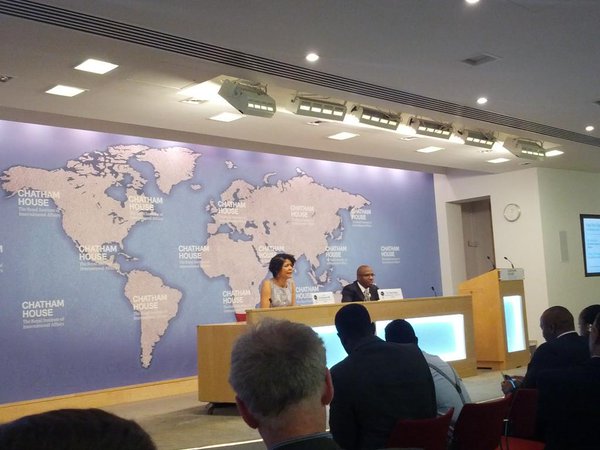
He was also appointed technical adviser to the minister of national planning on macroeconomic policy, infrastructure development and trade policy and regional integration.
Advertisement
At 34, precisely in 2009, he was presented the African Financial Analyst of the year award by Africa Investor.
Kale is a fellow of the UK Royal Statistical Society, a member of the World Economics Association and a member of the Royal Economic Society, UK.
He became the statistician-general of the federation and chief executive officer (CEO) of the National Bureau of Statistics at 36.
THE STATISTICIAN-GENERAL WHO DREW NIGERIA CLOSER TO VISION 20: 2020
Advertisement
In June 2010, Goodluck Jonathan, former president, launched a campaign called Vision 20:2020, which had the goal of making Nigeria one of the top 20 economies of the world by 2020.
“By 2020 Nigeria will be one of the 20 largest economies in the world, able to consolidate its leadership role in Africa and establish itself as a significant player in the global economic and political arena,” the vision statement read.
Advertisement
This was coming at a time when Nigeria was not even the leading economy on the continent, but was in the Shadow of South Africa and Egypt.
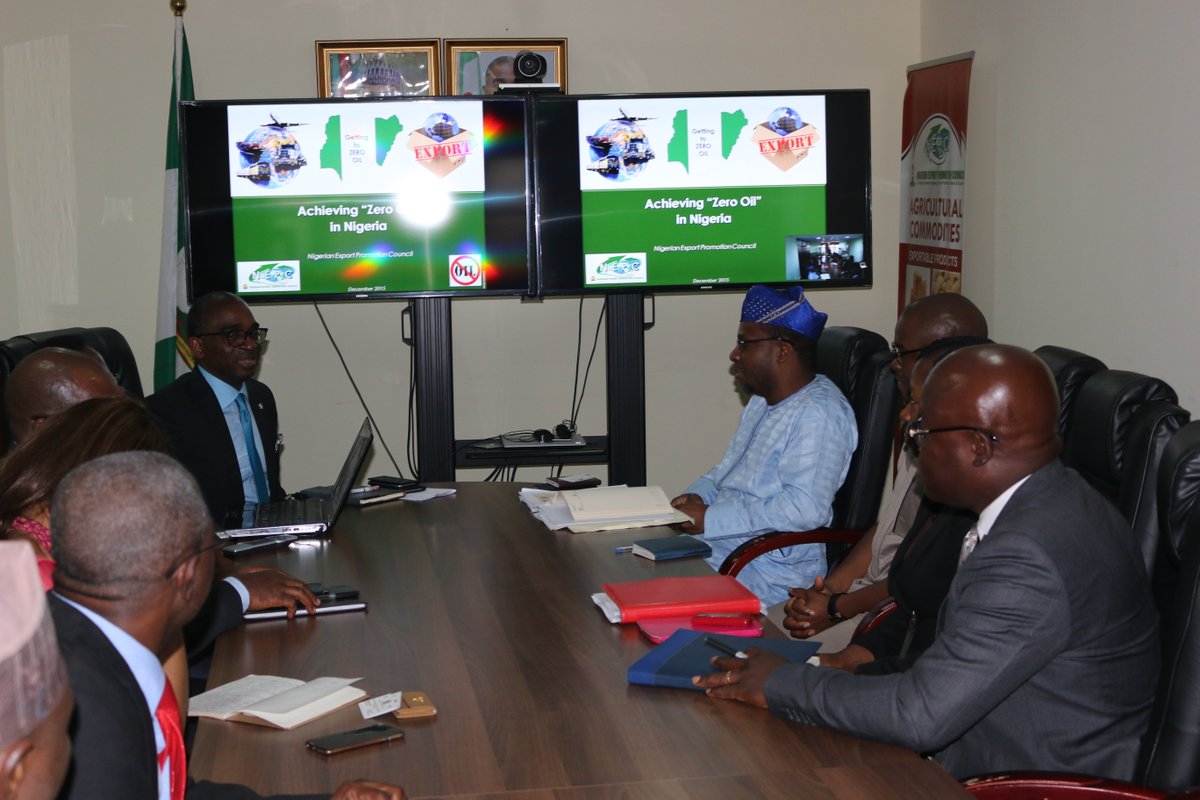
By 2011, Kale was appointed statistician-general, and he served the country till August 2016, changing the face of the agency and driving data-based decisions in Nigeria’s public and private life.
Advertisement
During his tenure, he drew the Nigerian economy closer to vision 20:2020 by rebasing the country’s GDP, capturing the new telecommunications industry, the bigger banking sector, the entertainment sector, among others.
After the rebasing, Nigeria realised that it was the biggest economy on the continent, and six spots away from its goal of becoming one of the top 20 by 2020.
Advertisement
The results of the rebasing process were validated by a panel of local experts, including Olu Ajakaiye, Akpan Ekpo, Ganiyu Garba, Ayo Teriba, Yemi Fajingbesi, Doyin Salami and Adeola Adenikiju.
After the process, the BBC attempted answering the question: why has Nigeria not done this in 24 years? The answer they came up with was: “Nigeria has a new Statistician-General, Yemi Kale, who seems to be very keen on beefing up the National Bureau of Statistics.”
Upon the expiry of his first tenure in August 2016, Udo Udoma, minister of budget and national planning, issued a circular extending his stay in office beyond his tenure, with no specific date of completion.
UNENDING ACCOLADES
The World Bank Group, the International Monetary Fund (IMF), the United Nations, the European Union, and many development partners across the world have continued to hail the work being done at NBS, and credible and timely data being churned out.
Kale’s job has not been limited to telling what is, but also telling, what could be.
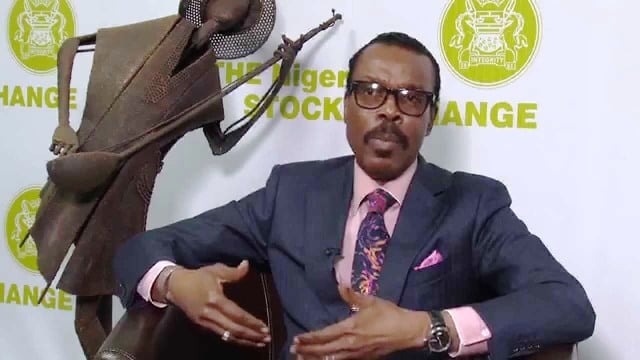
“As a result of the rebased GDP, there were major changes in terms of GDP contributors across the board. For example, the share of the agricultural sector declined from 34.7% to 21%,” Kale told Oxford Business Group.
“The share of the services sector almost doubled from 29% to 53%. Just as important, the share of industry declined from 36.3% to 26%. In essence, there was a significant shift in the entire structure of the country’s economy and we are much more diversified than previously thought.”
In that interview, Kale spoke on how little oil and taxes were actually contributing to GDP, and how Nigeria could leverage on that to diversify its economy.
Commending Kale, Bismark Rewane, CEO of Financial Derivatives, admitted that Kale’s appointment was greeted with high level of skepticism but he had succeeded in transforming the “laggard” agency into a “cutting edge and reliable data source”.
6 comments

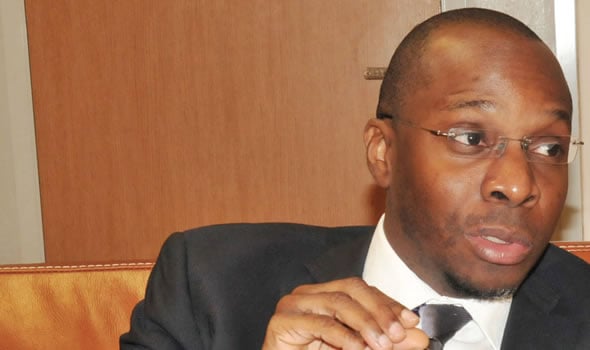

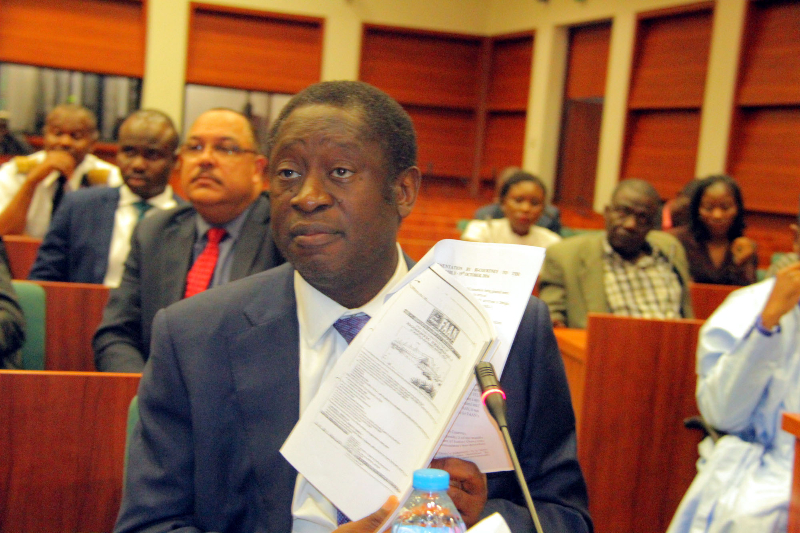


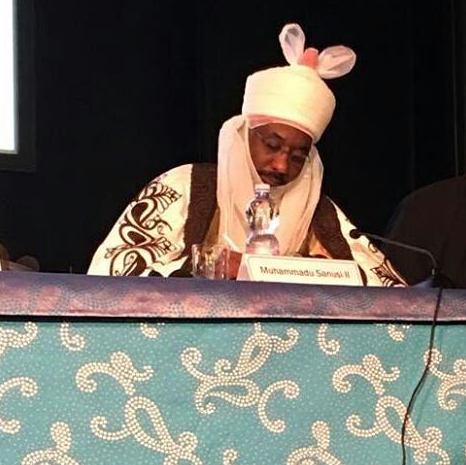

Only in Naija do unverified stats prove excellence. Soludo has been shouting himself hoarse that you cannot have New stats without New surveys. Apparently, the NBS does not agree, hence their economic stats remain at variance with reality.
In South Korea and China, to grow, they MANUFACTURE goods, develop infrastructure etc.
In Nigeria, to grow we MANUFACTURE statistics.
Whether the statistics are manufactured or not, we are told that there is improvement in quality of performance at NBS. I expect Soludo to offer assistance where needed instead of the”shouting’.
I also believe that Kale had been this successful because he had stayed out of politics. Let’s encourage him
Kale sounds like a wizkid. Right or wrong, his educational background and work experience are remarkable enough to give him an edge. And if other recognized Nigerian Economists can acknowledge his work at the NBS and the ditto some world economic and financial bodies ie. The World Bank Group, the International Monetary Fund (IMF), the United Nations, the European Union, I think he deserves to be encouraged.
We can’t progress in vacuum, unknown of our present situation and circumstance. And we need these statistics to leverage, Kickstart and show us direction.
From these let the Governments both Federal and State take cue. Enough of armchair Economist and Philosophers. Let’s benchmark ourselves and make progress, especially in the area of Agriculture. A Nation that can fed its population through self suffiency has achieved at least fifty percent of its basics necessities for development.
So Agriculture followed by basic Infrastructures and Scientific Innovations involving IT is it.
AGRICULTURE – Let’s jumpstart with Satellite Agricultural Mechanical Farm Villages with the aid of foreign experts from well known, remarkable and arable developed countries. These villages must have adequate comfort from independent power generation, recreation centers and accommodations, such as will attract and keep young agriculturist and graduate job seekers willing to be trained in focus and encouraged to stay on location. To the extent that they will be the envy of their colleagues in the city.
Hence Kale has shed the light, let Governments be overly committed through practical novation and implementation not economic rethorics.
‘Mide Wilson.
Kudos to Kale. Kudos to Jonathan. Kale’s first appointment and performance justified that Jonathan no matter how, made right choices also. Let us acknowledge where he did well not condemnation all the time.
He appoint sambo dasuki as well kudus to him